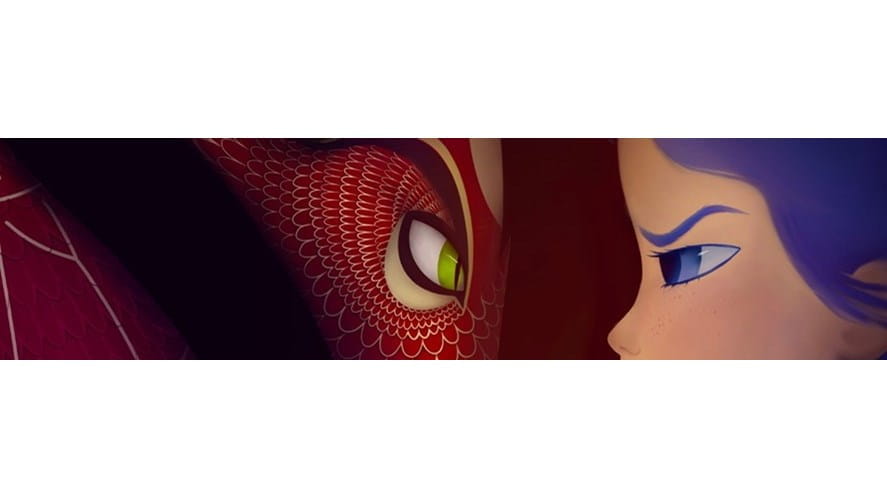We use cookies to improve your online experiences. To learn more and choose your cookies options, please refer to our cookie policy.
Join Our Open Evening!
24 February 2026 | 17:00 - 19:00 | LCIS

At La Côte International School Aubonne, we understand that resilience, the emotional strength to ´bounce back´, is a key attribute we need to foster in our students in order for them not just to succeed, but to really flourish.
The worldwide outbreak of the coronavirus is a source of unexpected stress and adversity for children and adults alike, and we believe that supporting our students to build resilience equips them with the ability to cope better with change and uncertainty.
Psychology Today describes resilience this way: “Resilience is the psychological quality that allows some people to be knocked down by the adversities of life and come back at least as strong as before. Rather than letting difficulties, traumatic events, or failure overcome them and drain their resolve, highly resilient people find a way to change course, emotionally heal, and continue moving toward their goals.”
Michelle de Kock-Schmidt, Teacher of Science at La Côte International School Aubonne, shares her thoughts on building resilience in school and at home.
“Drawing on the research that has been completed on the topic of Resilience at the University of Pennsylvania and the Penn Resilience Program instructed by Dr Karen Reivich, I have come to consider the idea that reflection is a practice that nurtures resilience and vice versa. Resilience training suggests that we should reframe and understand that there are only two things we can control in life:
Model and teach teenagers to ask themselves "is this helping or harming"? This may be a spiralling thought pattern that needs to be re-directed or stepping away from that storm in a teacup before the drama consumes them.
When children have adults in their lives who role model optimism and help them with reframing challenging situations, they gain the ability to bounce back from setbacks. Reflect and re-frame.
At La Côte International School Aubonne, I share this insight with my students on a daily basis. When a student starts to spiral into anxiety over exams, I need only to say, “There are two things you can control in life” and they break into a broad smile. When they are at odds with a peer, I say, “There are two things you can control in life” and they stop to think. When they receive a disappointing grade, “There are two things…” You get the idea. Sometimes they still need reminding what the two things are, and they need to be guided in reflection, but they get it and start focusing on the small things they can control.
You can support your child at home, too. Let´s say that your child tells you that another child is teasing them. Re-directing how they react might encourage them to humbly accept negative comments (in good humour and to an extent). Teach them to disarm the bully with a dash of charm, and to not allow the bully to gain dominance, but rather to address the insecurity from which the bulling is originating.
Journalling is another great, active way to redirect thought patterns. Consider three things: first what we can control, second how we react and lastly, we can journal about 3 things we do/did well every day. This is very different to jotting down 3 things you're grateful for. The first focuses on your contribution to the day, the other implies a passivity or waiting to receive something.
Modelling a reflective approach, you can help your child pay attention to reflection by sharing with them your own reflections.
Having read that pushing oneself out of one's comfort zone leads to growth, I decided to write a children's book. Being a Biology teacher, this is far outside my comfort zone. The first time I shared my soon to be published children's book, "Doubt is a Dragon", with my tutor group, I thought I was going to publish within the month. They were all very excited. As it transpires, after four years of crafting this hobby, I still had a lot to improve on. I told my students about my failure, and they responded with some disappointment and a deeper appreciation of what it takes to create something from nothing.
Children can learn from your failure and watch you as you get back up again and keep going. Don't tell me, show me.”
written by Michelle de Kock-Schmidt, Teacher of Science at La Côte International School Aubonne
You can learn more about Michelle de Kock-Schmidt's book Doubt is a Dragon on her homepage here.